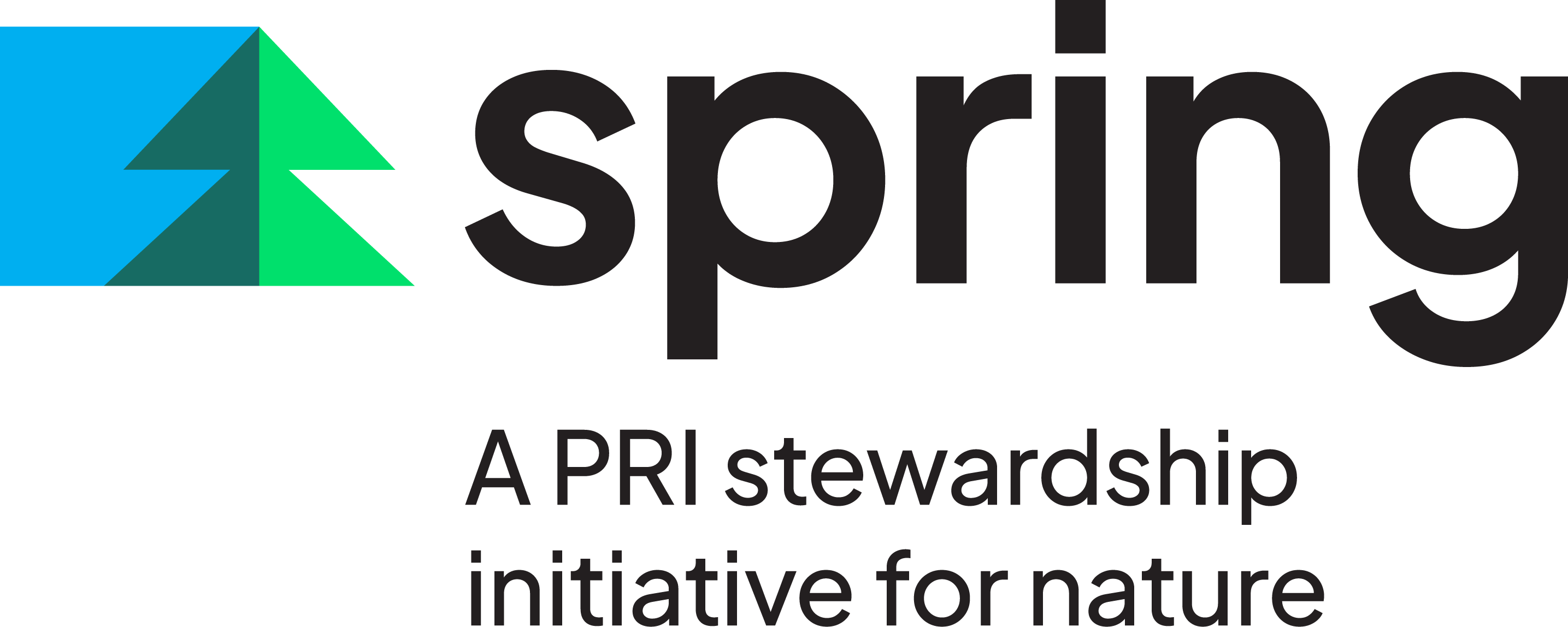Close menu
- Home
- About us
- Signatories
- News & events
-
Investment tools
- Back to parent navigation item
- Investment tools
- Introductory guides to responsible investment
- Principles to Practice
- Investment case database
- Stewardship
- Listed equity
- Fixed income
- Private markets
- Hedge funds
- Investing for nature: Resource hub
- Investing for climate: Resource hub
- Asset owner resources
-
Sustainability issues
- Back to parent navigation item
- Sustainability issues
-
Environmental, social and governance issues
- Back to parent navigation item
- Environmental, social and governance issues
- Environmental issues
-
Social issues
- Back to parent navigation item
- Social issues
- Social issues - case studies
- Social issues - podcasts
- Social issues - webinars
- Social issues - blogs
- Cobalt and the extractives industry
- Clothing and Apparel Supply Chain
- Human rights
- Human rights - case studies
- Modern slavery and labour rights
- Covid-19
- Just transition
- Governance issues
- Climate change
- Sustainability initiatives
- Sustainability outcomes
- Sustainable markets
- Research
- Policy
About the initiative
Spring is a PRI stewardship initiative for nature, addressing the systemic risks of biodiversity loss to protect the long-term interests of investors. Through this, the initiative aims to contribute to the global goal of halting and reversing biodiversity loss by 2030. Spring seeks to enhance corporate practices, ultimately generating positive, real-world outcomes, while protecting and enhancing investment returns. The Spring investor statement sets out the initiative’s aims and approach in more detail.
We are currently recruiting PRI signatories for the investor working group. Find out more about how to get involved on the Join Spring page.
Overview of Spring
0
Investors endorsing the initiative
0
In assets managed by investors endorsing Spring (USD)
0
Investors participating in engagements with companies
*Numbers are as of 23 July 2025, and AUM has been calculated to account for double-counting.
The parties management of these assets is subject to any client mandate and any legal, regulatory, fiduciary or other professional obligations that apply to them. The parties retain their discretion to act independently in the best interests of their clients and beneficiaries
Advisory groups
The initiative is led by the PRI Executive and supported by two voluntary advisory bodies.
Signatory Advisory Committee
This group is made up of PRI signatories who provide guidance on the development and coordination of the initiative to support the PRI's decision making.
Technical Advisory Group
This group is comprised of PRI stakeholders with deep expertise on nature. The group provides technical advice on the initiative’s strategy and company engagements.
Related resources
- The PRI is an investor initiative in partnership with UNEP Finance Initiative and UN Global Compact.

- PRI Association, 1st Floor 20 Wood Street, London EC2V 7AF United Kingdom
- Company no: 7207947
- +44 (0)20 3714 3141
- [email protected]
-
PRI DISCLAIMER
This website and material herein is provided for information only. It is not intended to be investment, legal, tax or other advice, nor is it intended to be relied upon in making an investment or other decision. PRI Association is not responsible for any decision made or action taken based on information on this website. Visitors retain sole discretion over whether and how to use the information contained herein. PRI Association is not responsible for and does not endorse third parties featured on this website or any third party content, websites, or other resources that may be included or referenced herein. Unless otherwise stated, content does not necessarily represent the views of signatories to the Principles for Responsible Investment. All information is provided “as-is” with no guarantee of completeness, accuracy or timeliness, or of the results obtained from the use of this information, and without warranty of any kind, expressed or implied. PRI Association is committed to compliance with all applicable laws. Copyright © PRI Association 2025. All rights reserved. This content may not be reproduced, or used for any other purpose, without the prior written consent of PRI Association.
Site powered by Webvision Cloud














